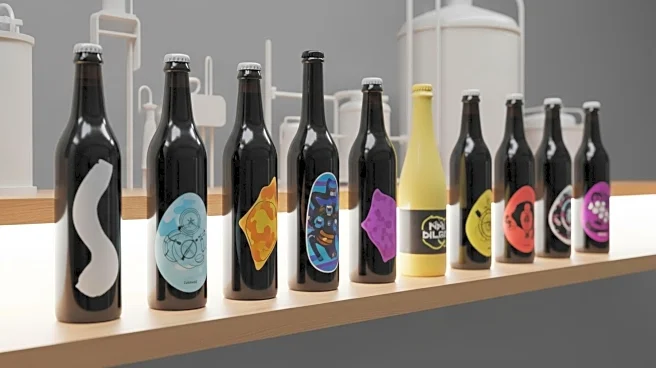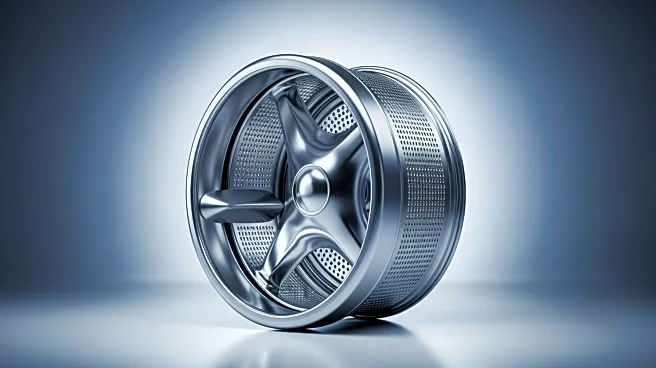What's Happening?
Amid growing health concerns, a Gallup survey reveals that only 54% of U.S. adults consume alcohol, the lowest on record. This trend has prompted brewers to innovate, with a focus on nonalcoholic beverages. Companies like Heineken are expanding their nonalcoholic offerings, such as Heineken 0.0 Ultimate, which boasts zero alcohol, calories, and sugar. Economic factors also contribute to this shift, as consumers adjust spending habits. Younger generations, particularly Gen Z, are drinking less frequently, further influencing market dynamics.
Why It's Important?
The decline in alcohol consumption reflects broader health and economic trends, impacting the beverage industry significantly. As consumers prioritize health, brewers must adapt by developing nonalcoholic and healthier options. This shift could lead to a more diverse product range and potentially reshape the market landscape. The trend also highlights changing consumer values, with implications for public health policies and marketing strategies. Companies that successfully navigate these changes may gain a competitive edge in a rapidly evolving industry.
What's Next?
Brewers are likely to continue expanding their nonalcoholic product lines, with increased investment in marketing and distribution. As consumer preferences evolve, companies may explore new flavors and formats to attract health-conscious buyers. The industry could also see collaborations with health and wellness brands to enhance product appeal. Monitoring consumer feedback and adapting to emerging trends will be crucial for sustained growth in this sector.










